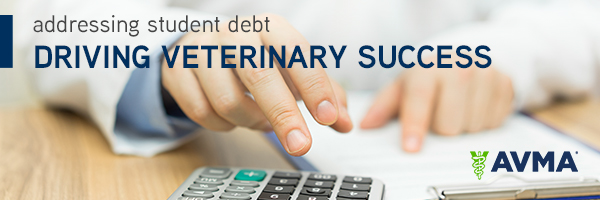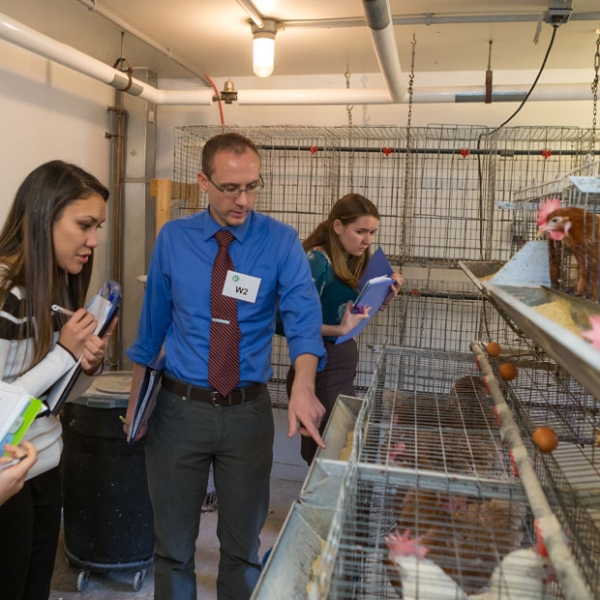Higher education legislation at a crossroads
 This June is a crucial period for higher education advocacy in Congress. House Committee on Education and the Workforce Chairwoman Virginia Foxx (R-N.C.) continues to seek support for her higher education legislation, the PROSPER ACT (H.R. 4508), which was advanced out of the committee for consideration by the full House of Representatives in December. This bill – which contains several proposals that would harm the veterinary profession – may be brought to the House floor for consideration by the full House in coming weeks.
This June is a crucial period for higher education advocacy in Congress. House Committee on Education and the Workforce Chairwoman Virginia Foxx (R-N.C.) continues to seek support for her higher education legislation, the PROSPER ACT (H.R. 4508), which was advanced out of the committee for consideration by the full House of Representatives in December. This bill – which contains several proposals that would harm the veterinary profession – may be brought to the House floor for consideration by the full House in coming weeks.
While we are pleased the PROSPER Act seeks to address financial literacy and to streamline programs so borrowers can better navigate the federal financial aid system, AVMA has grave concerns about the PROSPER Act because of how it would impact veterinary borrowers. For instance, the bill would:
- Eliminate Public Service Loan Forgiveness (PSLF) for future borrowers.
- Eliminate all current federal loan programs, including Stafford, Perkins and GradPLUS options, and replace them with one option. This consolidation down to one loan option also reduces repayment options to only two options: one income-based repayment plan at 15 percent of discretionary income and one standard 10-year plan.
- Cap undergraduate and graduate/professional borrowing.
Last week, the House of Representatives held a meeting to discuss next steps for the bill. In advance, AVMA worked with our broader PSLF Coalition, which represents several groups across public-service sectors, including police, social workers and teachers, to send a coalition letter warning lawmakers of the negative impact of eliminating PSLF. We also mobilized the AVMA Congressional Advocacy Network, resulting in nearly 1,600 individuals writing or calling Congress to share the veterinary community’s concerns in advance of the meeting.
Following these strong efforts, we were happy to hear that many members of Congress share our concerns about the bill. However, it’s still possible the bill will be brought forward for consideration on the House floor this June. Continued letters and phone calls from veterinarians will be vital to stopping the bill’s progress. To receive breaking updates on urgent opportunities to contact Congress on this bill, we encourage you to sign up for emails from AVMA Congressional Advocacy Network. This is the best way to learn about opportunities to advocate on this legislation. In the meantime, AVMA continues to work with lawmakers to improve the bill.
While the PROSPER Act continues to pose a danger to PSLF, we’re also seeing some payoffs from our efforts to support the program. On May 23, the U.S. Department of Education announced a limited opportunity available for certain borrowers to be reconsidered for loan forgiveness, if they received misinformation or were misled about their eligibility for the program. This opportunity, which is first come first served, is funded by $350 million from Congress this spring.
Borrowers who believe they may qualify for this opportunity are encouraged to visit the Federal Student Aid website for more information, or to contact the Department with a request for consideration by emailing TEPSLF MyFedLoan [dot] org.
MyFedLoan [dot] org.
To further address this issue of confusion around the PSLF Program and qualified repayment plans, Congress also provided the Department with $2.5 million for the Secretary to conduct outreach and education to borrowers who intend to apply for PSLF, to ensure they meet the terms and conditions of the program as well as to improve the certification process.
While there have been many higher education developments on the House side, remember that the Senate has not yet introduced higher education reauthorization legislation. We’ll continue providing updates as the congressional process continues.



Comments
Add New Comment